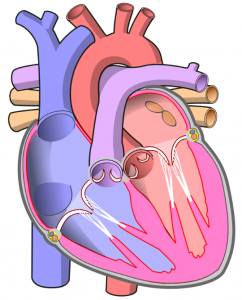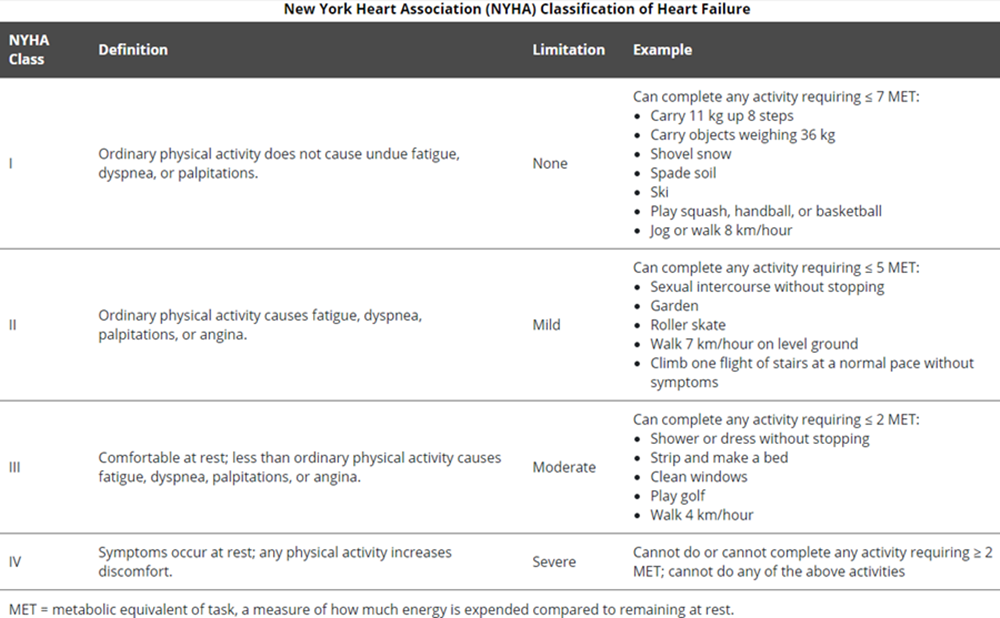Warning Signs from Your Heart: How Many Can You Recognize?
In today’s fast-paced modern society, our bodies function like intricate machines running nonstop, with the heart serving as the vital engine that keeps everything going. However, amid the hustle and bustle of daily life, many people overlook the “distress signals” sent by their hearts. These seemingly ordinary physical symptoms might actually be subtle warnings from your heart. How many of them can you recognize?
◉ Shortness of Breath When Lying Down
If you experience shortness of breath a few minutes after lying flat, which eases when you sit up, it could indicate heart failure. This occurs because lying flat increases blood return to the heart, raising airway resistance and causing breathlessness. In such cases, seek prompt consultation with a cardiologist while also ruling out pulmonary-related conditions.
◉ Chest Heaviness, Like a Heavy Stone
Commonly referred to as chest tightness, this symptom may suggest myocardial ischemia if emotional factors and respiratory system issues are excluded. If the tightness persists for several minutes or escalates into severe chest pain, it could signal angina or even acute myocardial infarction (commonly known as a “heart attack”). Call 120 immediately and head to the nearest hospital. If available, take nitroglycerin tablets or fast-acting heart relief pills as a preliminary measure.
◉ Loss of Appetite
Patients with impaired heart function may experience not only a loss of appetite but also bloating, nausea, vomiting, constipation, or upper abdominal pain. These symptoms often stem from gastrointestinal congestion caused by right-sided heart failure.
◉ Coughing
Coughing is a significant symptom of heart failure but is frequently mistaken for the flu or a common cold. Unlike typical cold-related coughs, heart failure-induced coughing rarely originates in the throat. It may produce white foam, thick phlegm, or even traces of blood. Dry coughing is more common in heart failure and tends to worsen when lying down or getting up.
◉ Reduced Urine Output and Swollen Lower Limbs
Heart failure patients often produce less urine over 24 hours, with increased urination at night. Additionally, cardiac-related edema typically starts in dependent areas like the ankles and calves, presenting as pitting edema. In contrast, renal edema usually appears first in the face. Notably, urine tests for cardiac edema are often normal, whereas renal edema usually shows elevated albumin levels.
◉ Palpitations or Irregular Heartbeat
Rapid, irregular, or pounding heartbeats are common symptoms of heart failure. Patients may feel their heart racing intensely, often accompanied by a sense of panic. Other rhythm disorders, such as atrial fibrillation or atrial flutter, can be equally dangerous if left untreated.
◉ Dizziness or Lightheadedness
Dizziness or a spinning sensation is a frequent issue in heart failure, sometimes accompanied by nausea or motion sickness-like feelings. If these symptoms occur alongside palpitations or irregular heartbeats, seek medical attention promptly.
◉ Anxiety or Restlessness
Symptoms like rapid breathing, racing thoughts, sweaty palms, and an accelerated heart rate are classic signs of anxiety. However, some patients may misinterpret these as stress-related, overlooking the possibility of underlying heart failure.
How to Screen for Heart Failure and Assess Its Severity?
Heart failure is currently regarded as a chronic, progressive condition that is difficult to cure but preventable. The 2024 Chinese Guidelines for the Diagnosis and Treatment of Heart Failure recommend measuring natriuretic peptide (BNP or NT-proBNP) levels to screen high-risk populations (NYHA Classification of heart failure staging as below ).
NT-proBNP has a relatively long half-life of approximately 60–120 minutes and exhibits excellent stability in vitro. It clears slowly from the bloodstream, allowing it to accumulate to higher concentrations, which correlate directly with the severity of cardiac dysfunction. Moreover, NT-proBNP levels remain unaffected by posture, daily activities, or diurnal variations, demonstrating strong reproducibility. As a result, NT-proBNP is considered the gold standard biomarker for heart failure.
Xiamen Baysen Medical’s NT-proBNP Assay Kit (using fluorescence immunochromatography) enables rapid quantitative measurement of NT-proBNP levels in human serum, plasma, or whole blood samples, aiding in the diagnosis of heart failure. Results can be obtained within 15 minutes
Post time: Jun-11-2025








